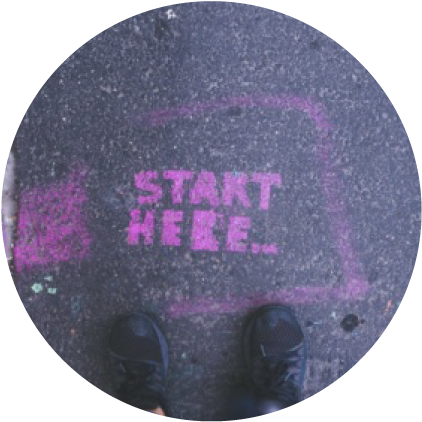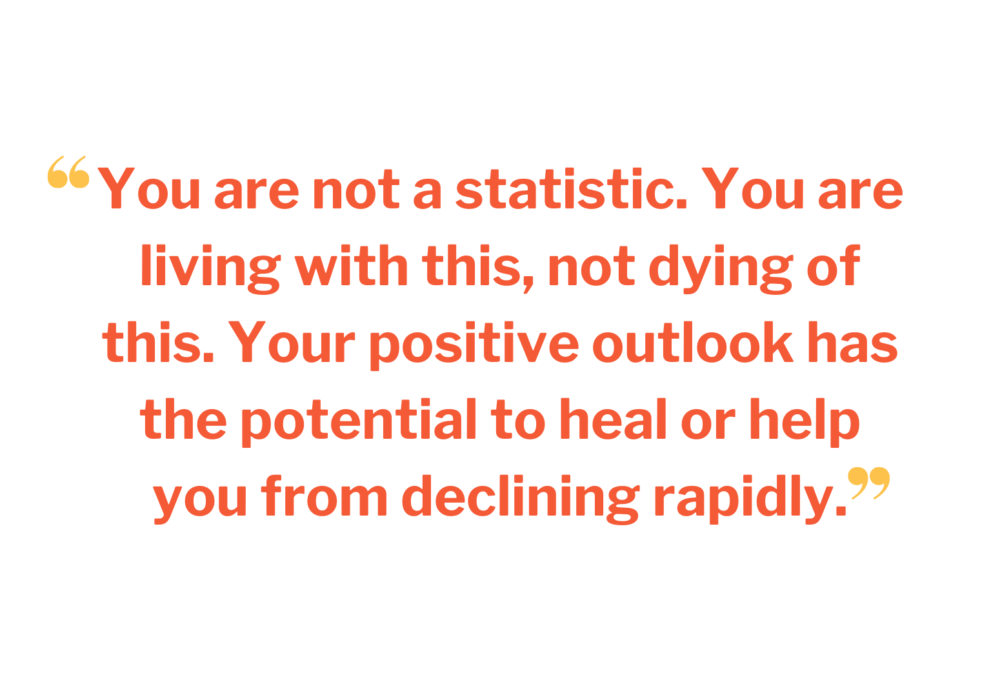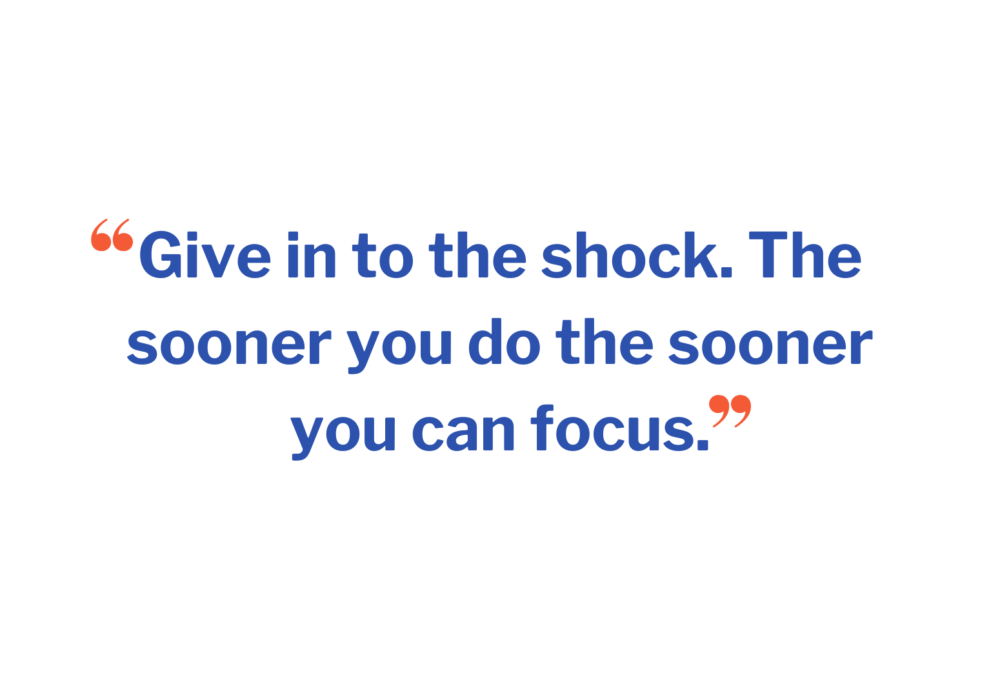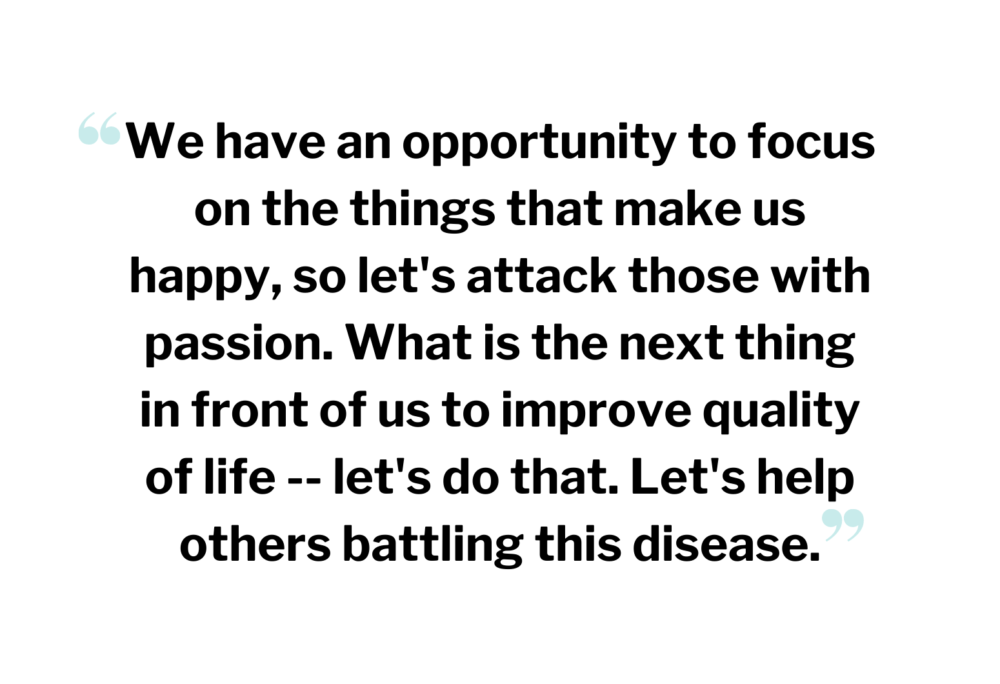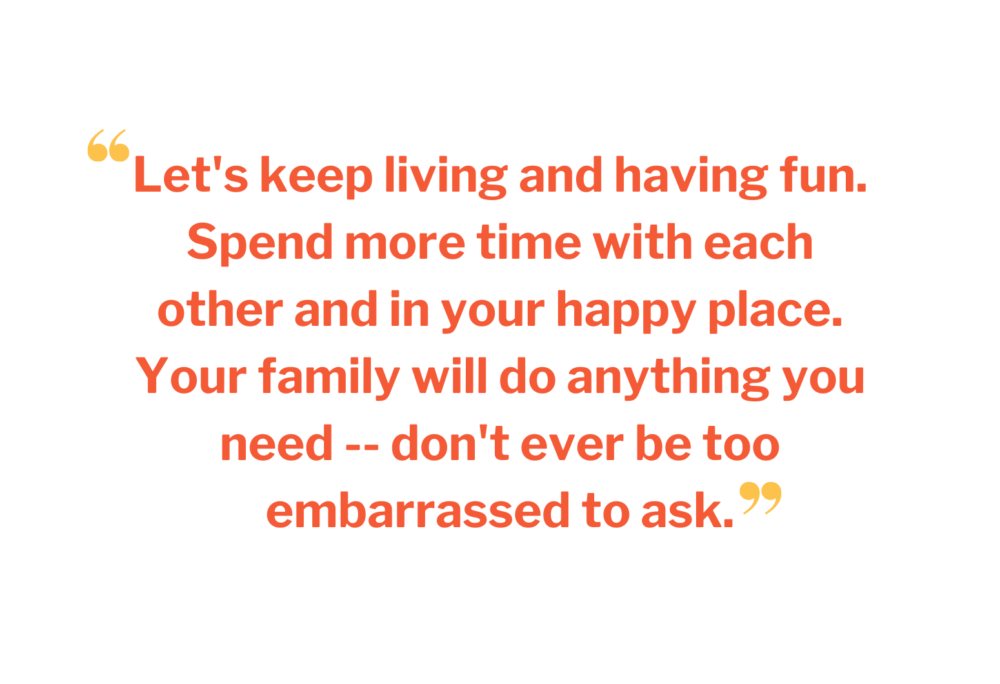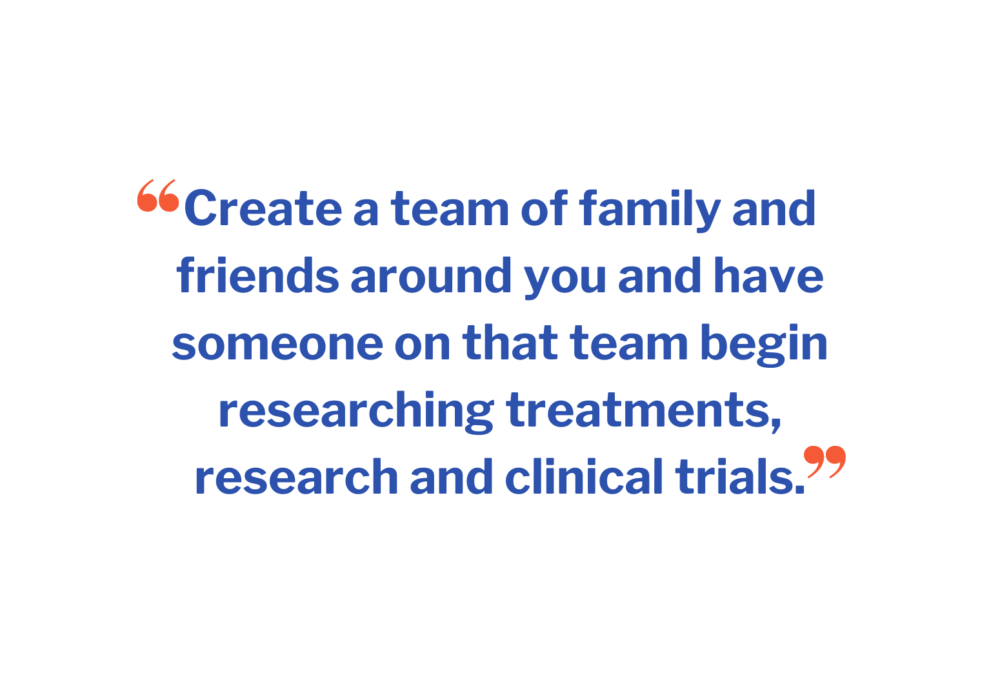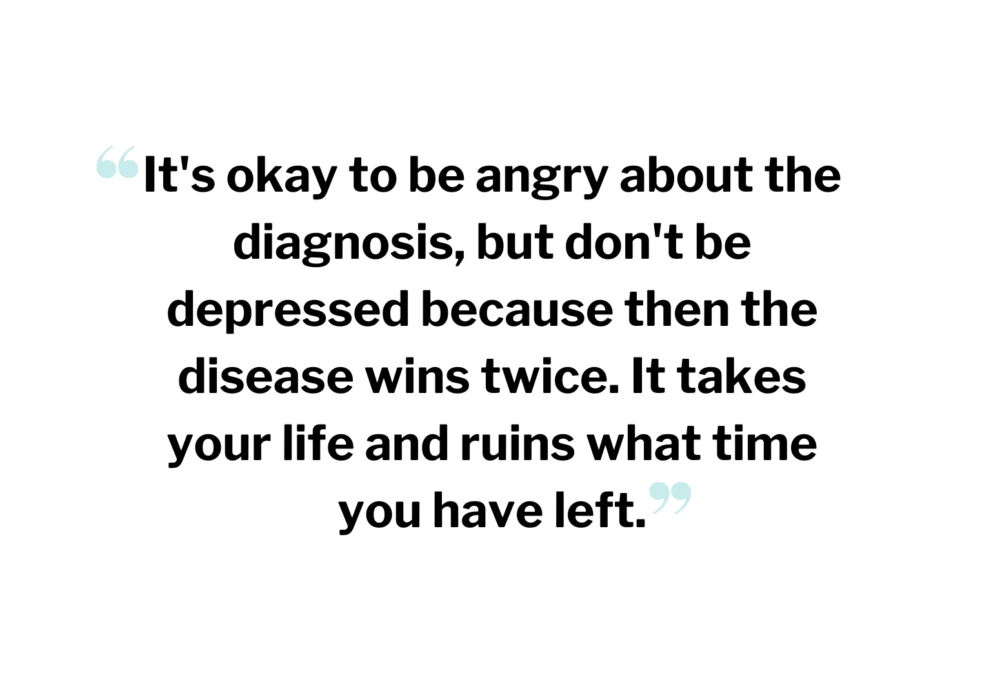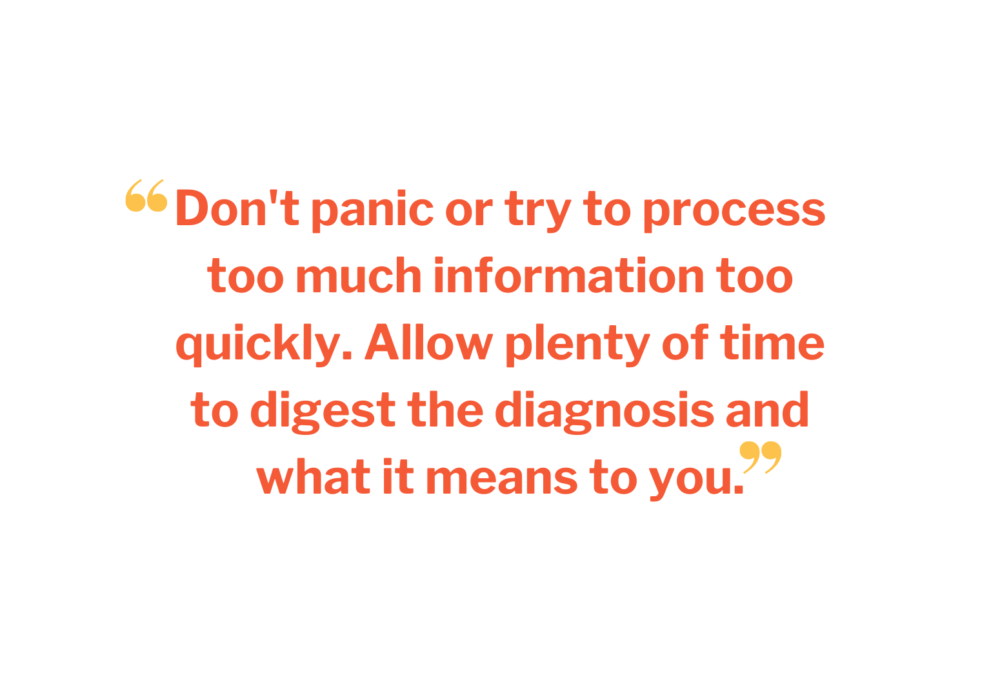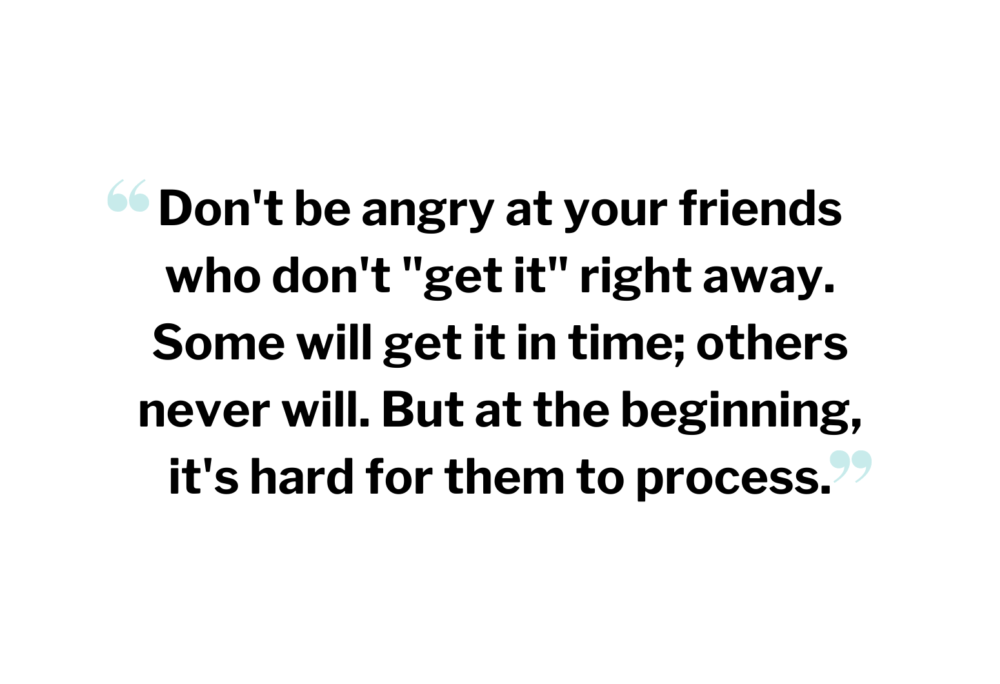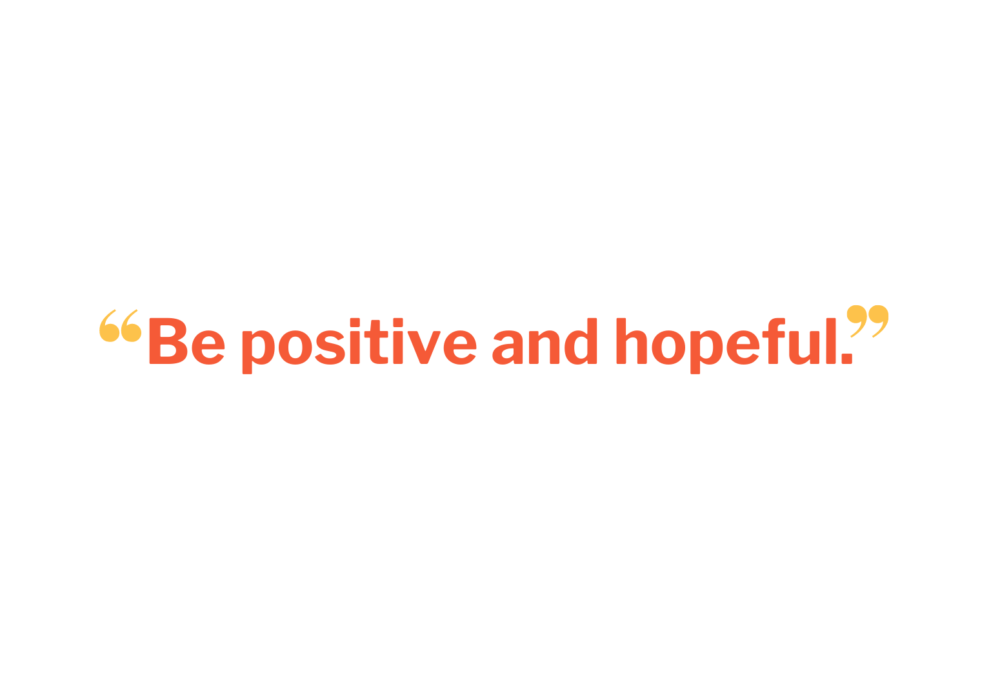The terms mental health and self care are tossed around often, so let’s talk about what they mean and why they matter in ALS.
What is mental health anyways?
Mental health refers to an individual’s psychological, emotional and social wellbeing. Developing good mental health is important. Why? Because it can help us cope with stressors such as uncertainty and change. It helps support our ability to feel, express and manage a range of emotions.
When you’re impacted by ALS, you’re often very familiar with living with uncertainty and change. For that reason, it is essential that you prioritize taking care of your mental health just as much as your physical or nutritional health.
Pro tip: mental and physical health are connected, so ignoring one may inadvertently lead to problems with the other.
Asking for Help
Living with, or caring for someone living with ALS can be physically and emotionally taxing. It can sometimes feel like you’re carrying the weight of the world on your shoulders and that you’re alone in doing so.
Pro tip #1: It’s okay to share this weight. Your family and friends likely want to help, but may not always know how. And sometimes they may make a mistake — gently and firmly set your boundaries, correct them and tell them how they can be helpful.
How do you take care of your mental health? Enter self care.
Self care is the process of taking care of yourself so that you can be physically, emotionally and psychologically healthy. It is not being selfish. When you or your loved one is living with ALS, it can feel like your world’s axis has shifted. It can be overwhelming and you may overlook your own needs. While understandable, doing so can lead to exhaustion, an inability to provide quality care and even burnout, which is an extreme form of exhaustion caused by prolonged stress and overwork. So take a few minutes, maybe even right this moment, to reflect on how you can take care of yourself. Here’s a resource that may help.
10964
10965

